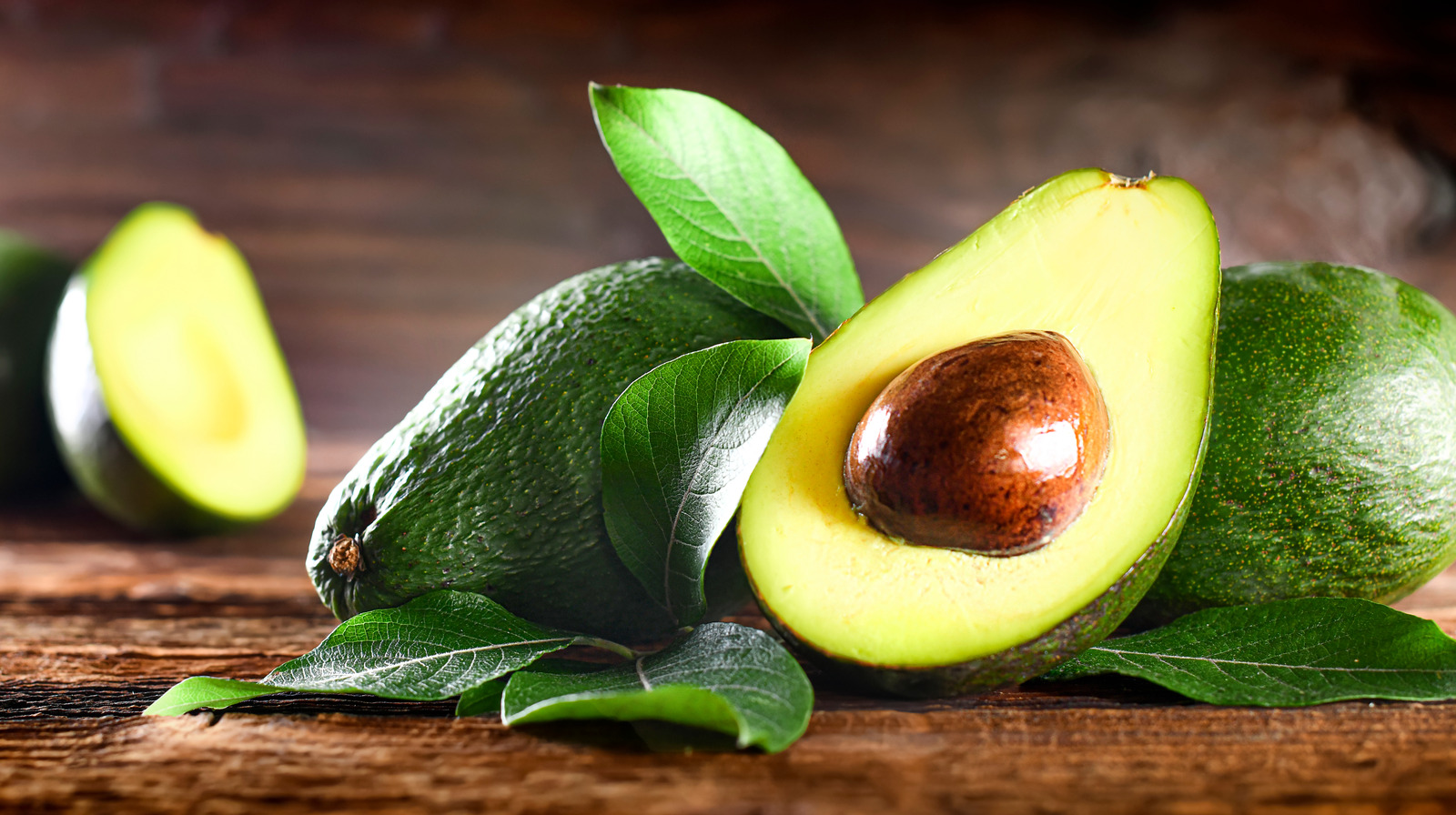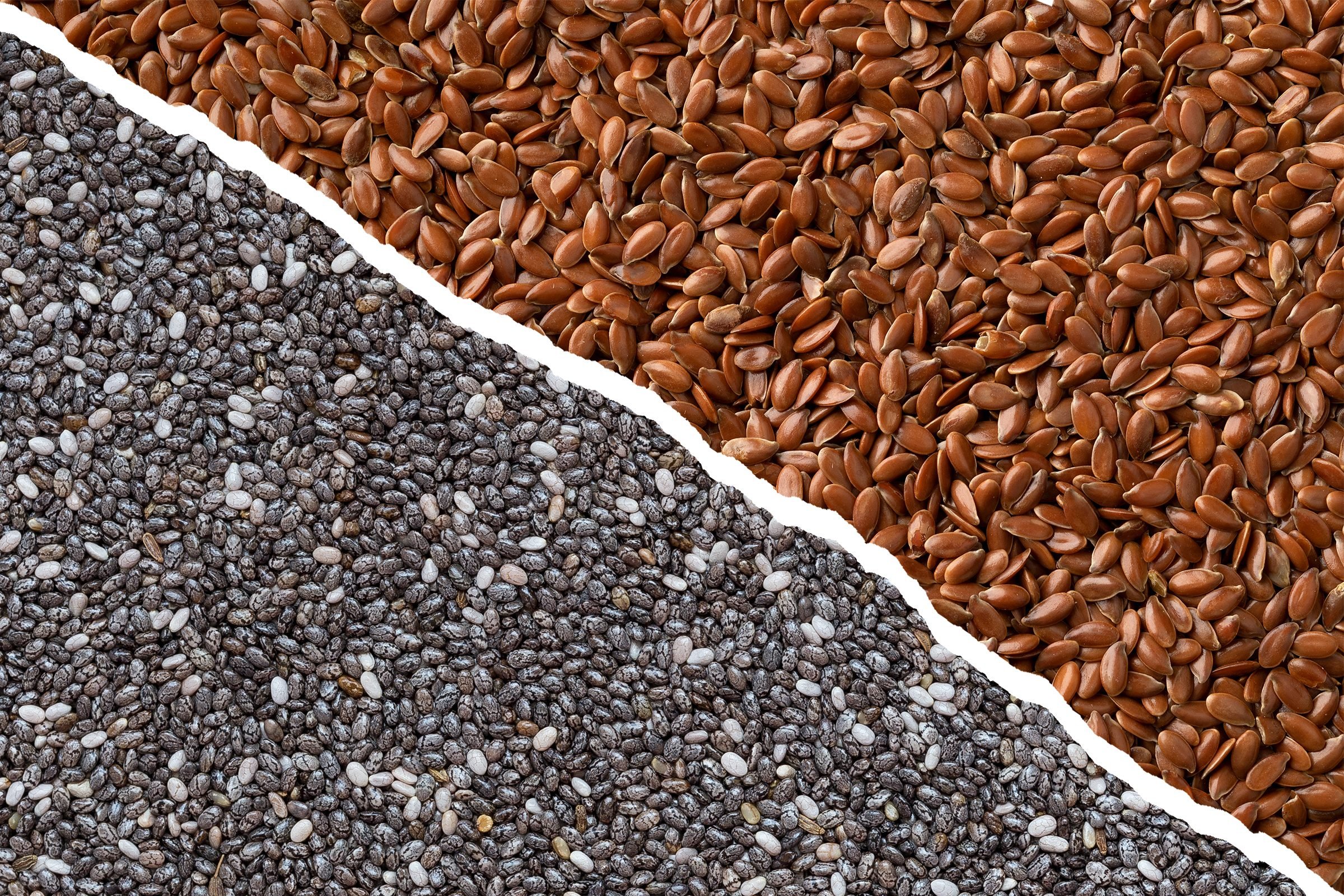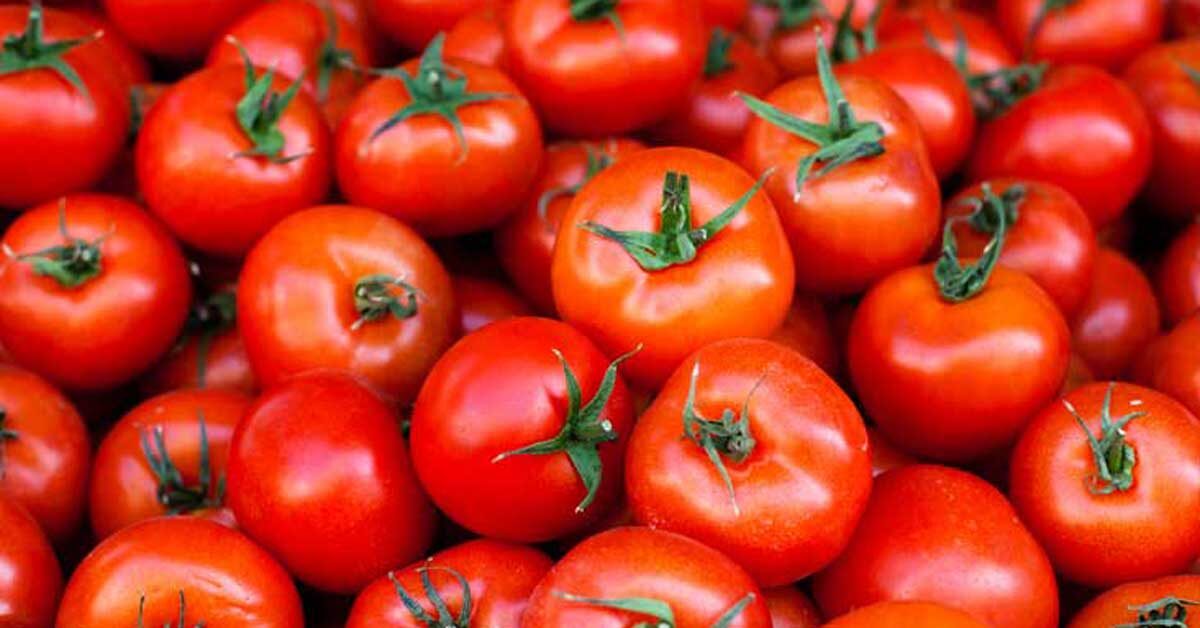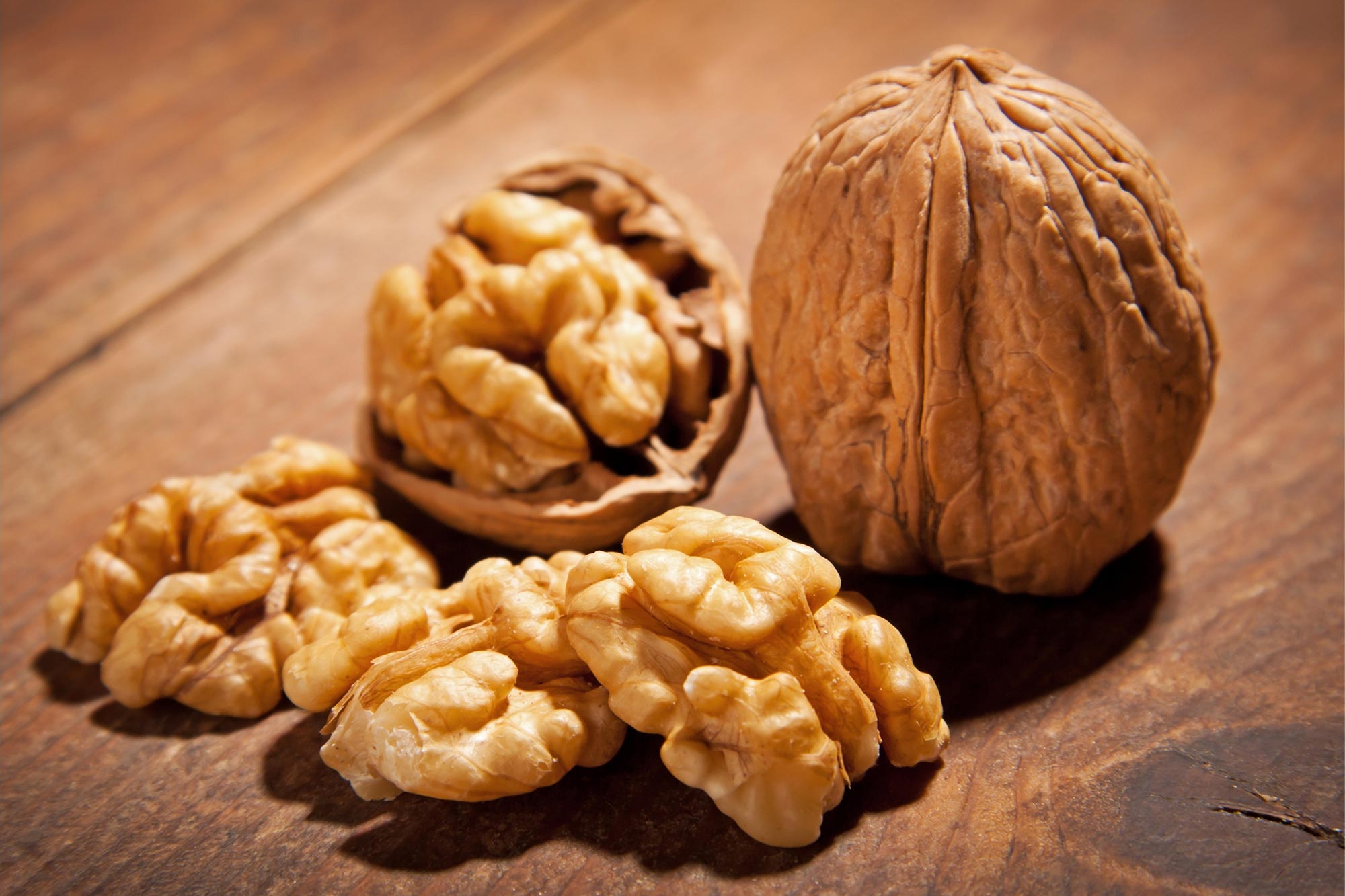Because they’re so delicious, it’s easy to start eating more of these foods that are good for your brain.
Everyone experiences memory gaps or the inability to concentrate and maintain focus occasionally. Sometimes it’s just stress or being distracted, but other times it can be an early symptom of a more serious disease like Alzheimer’s or dementia, which includes several different disorders all involving a decline in brain function. In July of 2019, the Centers for Disease Control and Prevention (CDC) concluded that 1 in 9 adults experience memory loss or confusion.1 A decline in cognition, which means being unable to retain new information and understand thoughts and experiences, simply put, is terrifying. The good news is there are specific brain-boosting foods you can add into your healthy eating plan. “While basic nutrients like fat, protein, and carbohydrates provide the fuel for brain function, it is the micronutrients that drive the brain’s processes,” says Meredith Bull, licensed naturopathic doctor.2 “Micronutrients are also what are lacking most in the average American diet,” Bull adds. Put these 7 micronutrient-rich foods for brainpower on your next grocery list.
1/Avocados
There’s lots of brain food in this tiny green fruit. “Avocados are an anti-inflammatory superfood,” says Sarah Mirkin, RD. “They have a high bioavailability of lutein which are associated with cognitive benefits.” Research from the University of Illinois at Urbana-Champaign found those who ate one avocado a day had improved performance on a cognitive test measuring the ability to maintain focus on a task, than those who didn’t.3
Use these avocado recipes as inspiration to add more of them to your meals.
2/Blueberries
 Blueberries are well known for their health benefits boasting lots of vitamin C and potassium. The fruit should also be considered as one of the top brain-boosting foods. Blueberries have antioxidative, anti-inflammatory benefits that can significantly improve learning capacity and memory.4 “They also play a role in slowing brain aging and neurodegenerative disorders,” Mirkin says
Blueberries are well known for their health benefits boasting lots of vitamin C and potassium. The fruit should also be considered as one of the top brain-boosting foods. Blueberries have antioxidative, anti-inflammatory benefits that can significantly improve learning capacity and memory.4 “They also play a role in slowing brain aging and neurodegenerative disorders,” Mirkin says
3/Eggs
Eggs are well known for their quality protein, but they also pack of punch of choline. Because choline helps produce the neurotransmitter acetylcholine, which aids mental focus, deficiencies can lead to compromised brain function, Bull explains.6 “While our bodies make a small amount of choline, it relies on dietary intake for most of our needs and many Americans consume less than the recommended daily intake,” says Bull. To get the daily recommended 425 mg to 550 mg of choline for adults, eating more recipes with eggs is a good starting point. One hard-cooked egg has 147 mg. Bull also lists liver, meats, fish and dairy as great sources of choline.6 Hard-cooked for an on-the-go snack, scrambled or deviled, incorporating this food into your diet for brain health couldn’t be easier.
4/Flaxseeds and Chia Seeds
 Fish isn’t your only source for healthy omega fats. Try flaxseeds and chia seeds, suggests Mirkin. Both flaxseeds and chia seeds come from plants, and are easily added to salads, smoothies, and veggie dishes, or baked into bars (as pictured). “Omega fats are key for healthy brain development, strong focus, improved memory, and to avoid cognitive decline,” adds Mirkin
Fish isn’t your only source for healthy omega fats. Try flaxseeds and chia seeds, suggests Mirkin. Both flaxseeds and chia seeds come from plants, and are easily added to salads, smoothies, and veggie dishes, or baked into bars (as pictured). “Omega fats are key for healthy brain development, strong focus, improved memory, and to avoid cognitive decline,” adds Mirkin
5/Salmon
:strip_icc():format(webp)/RU220760-ce1944cea0984e269ab470bb0a1fd3f7.jpg) Salmon is just one source of omega-3, the essential brain food nutrient. “Fatty fish such as salmon, trout, and sardines, are an excellent source of anti-inflammatory omega-3 fatty acids” says Mirkin. “These fats reduce inflammation that can contribute to cognitive decline,” she adds. Your body can’t make omega-3 fats on its own, but they are critical for improving memory and brain function in general, so you need to get the fats through your diet in salmon recipes.8 The amount of omega-3 fatty acids in a 3-ounce portion range from about 520 mg to 1,500 mg depending on the type of salmon. That goes a long way toward meeting the 1,100 mg to 1,600 mg amounts to strive for each day.9
Salmon is just one source of omega-3, the essential brain food nutrient. “Fatty fish such as salmon, trout, and sardines, are an excellent source of anti-inflammatory omega-3 fatty acids” says Mirkin. “These fats reduce inflammation that can contribute to cognitive decline,” she adds. Your body can’t make omega-3 fats on its own, but they are critical for improving memory and brain function in general, so you need to get the fats through your diet in salmon recipes.8 The amount of omega-3 fatty acids in a 3-ounce portion range from about 520 mg to 1,500 mg depending on the type of salmon. That goes a long way toward meeting the 1,100 mg to 1,600 mg amounts to strive for each day.9
6/Tomatoes Known for their vitamin C and A content and heart disease-fighting components, tomatoes are also an important brain food.10 “Tomatoes are rich in the powerful antioxidants lycopene and beta-carotene” says Mirkin. She says these specific antioxidants improve cognition and promote total brain health.11 Diced up into a salad (as pictured), or stewed and added to a soup base, tomatoes should be on your menu weekly, if not daily.
Known for their vitamin C and A content and heart disease-fighting components, tomatoes are also an important brain food.10 “Tomatoes are rich in the powerful antioxidants lycopene and beta-carotene” says Mirkin. She says these specific antioxidants improve cognition and promote total brain health.11 Diced up into a salad (as pictured), or stewed and added to a soup base, tomatoes should be on your menu weekly, if not daily.
7/
Walnuts

Walnuts are a convenient food that’s good for your brain.12 They are great as a stand-alone snack, added to salads, sprinkled on hot cereals and casseroles, and so many other recipes. “Walnuts are rich in anti-inflammatory omega-3 fats,” says Mirkin. “They also have more antioxidants than any other type of nut. Both are considered critical brain foods that could beneficially influence cognition,” she adds
Source: https://www.bhg.com








